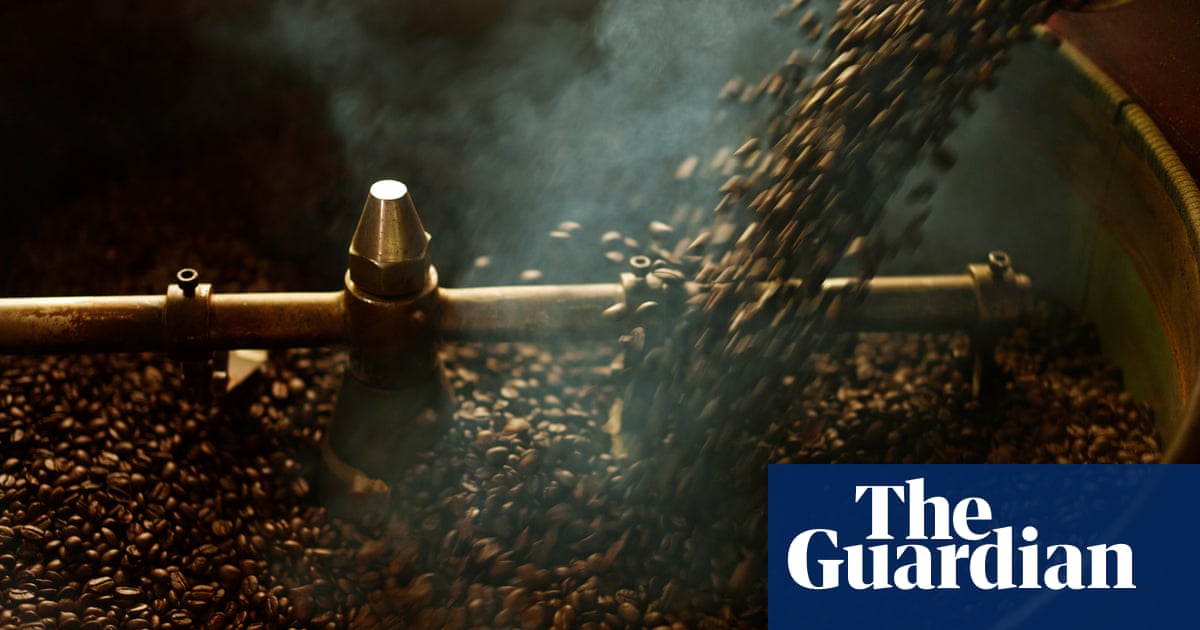Home appliance manufacturer Breville is ramping up sales of beans to home baristas, in a bid to undercut supermarkets, which it accuses of stocking “stale” coffee products.
While the Sydney-headquartered company has profited from surging sales of espresso machines around the world, it told investors on Tuesday it was also recording strong interest in its bean platform, with per kilogram sales up more than 70% over the past year.
Breville, which sells home machines priced as high as $3,699, wants customers to make “cafe quality coffee at home” by avoiding store-bought beans.
Its investors presentation said: “Put bad, stale coffee (grocery store) in a capable machine, you get a bad outcome.”
The appliance maker and distributor’s expanding e-commerce business, called Beanz, is a “dropship” model that allows Breville to take a commission, or processing fee, on sales after matching customers with roasters.
It did not identify in its financial results the exact profits derived from the venture, which has been progressively rolled out around the world, including in Australia.
Breville’s chief executive, Jim Clayton, said the venture was still in “phase one”.
The manufacturer and distributor profited from strong coffee machine sales to lift its six-month net profit result to $97.5m, up 16% from a year earlier, according to half-year results released on Tuesday.
Its share price is hovering near record highs, at about $37.
Breville recorded double-digit revenue growth for its coffee machine business across Asia Pacific, the Americas and Europe, in the face of prevailing cost-of-living pressures that have dented customer demand for many discretionary items.
The company has been at the forefront of the pandemic-era trend towards home brewing, which has escalated in the inflationary period as customers cut back on cafe purchases.
The change in drinking habits has hurt cafe chains including Starbucks, which recently reported an industry-wide decline in customer traffic.
Many cafes are now in the awkward position of selling more beans to customers who use those beans to cut back on their usual takeaway purchases.
While Breville has profited from the espresso machine trend, it is affected by the new tariff regime ushered in by the US president, Donald Trump.
It started moving the production of its 120V coffee machines out of China soon after last year’s US election, and sent additional inventory into the US early as a “hedge against potential tariffs”.
Trump installed 10% tariffs on China, which rapidly hit back with levies on a range of US goods.
Article by:Source: Jonathan Barrett Senior business reporter












:max_bytes(150000):strip_icc():focal(718x391:720x393)/louise-lasalle-tout-2825-c7e93a6a127e4a949029f49418004115.jpg?w=300&resize=300,180)
:max_bytes(150000):strip_icc():focal(718x391:720x393)/louise-lasalle-tout-2825-c7e93a6a127e4a949029f49418004115.jpg?w=80&resize=80,80)
